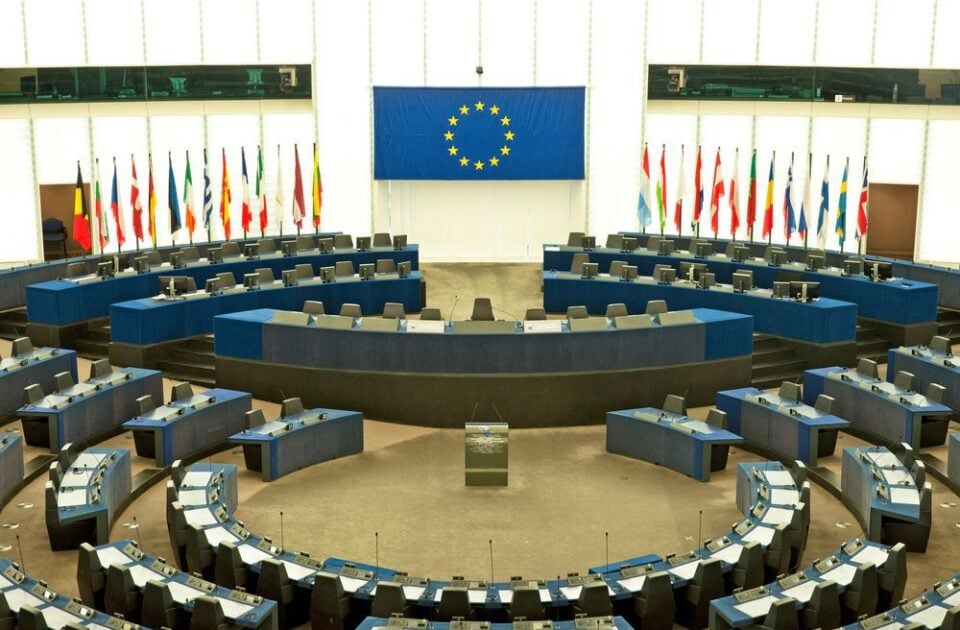Decision making and legislative process in the EU
There are a few different EU institutions that are involved in making decisions at a European level

There are a few different EU institutions that are involved in making decisions at a European level.
- The European Parliament (represents the EU/s citizens and is directly elected by them)
- The Council of the European Union (or the Council of Ministers)
- The European Commission (which represents the interests of the EU as a whole)
The European Commission is the body that proposes new laws and the European Parliament and Council adopt them. The Member States and the Commission then implement them.
Types of legislation:
- A regulation – this is a binding law in all Member States. A regulation doesn’t have to be passed into national law by Member States but some national laws may need to change to reflect a European regulation.
- A directive – this is a law that binds Member States, or a group of Member States, to achieve a particular objective. Usually, directives have to be made into a national law to work and each government can then decide how the directive works, as long as it is reflecting the outcome posed at European level.
- A decision – this is a binding law that can be addressed to Member States, groups of people or even individuals. A decision could be used, for example, to rule on proposed mergers between companies (e.g. Ryanair and Aerlingus stake)
- Recommendations and opinions – are not binding.
How is legislation passed?
European laws are based on either specific treaty articles (which are international agreements between two or more states or organisations) or have a ‘legal basis’ for legislation. This sets out how the procedure for the legislation will be followed. It lays out whether unanimity is required or whether a qualified majority is needed.
Commission considers launching a proposal for action, and invited views on the topics from governments, business, civil society organisations and individuals. Once all of this has been fed into, the Commission send the proposal to be presented to the Council and the Parliament.






